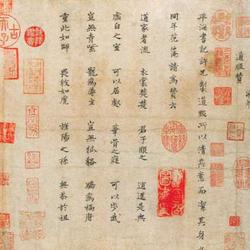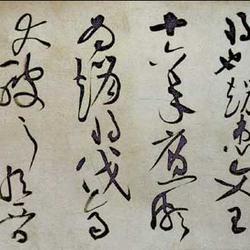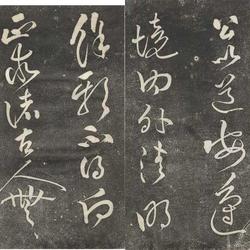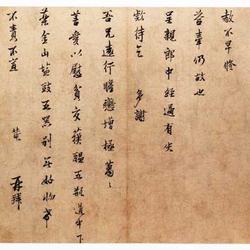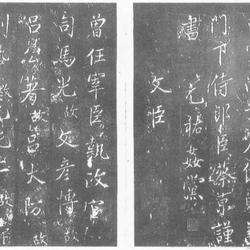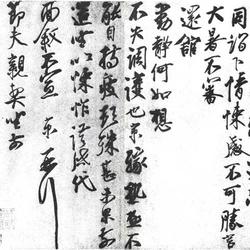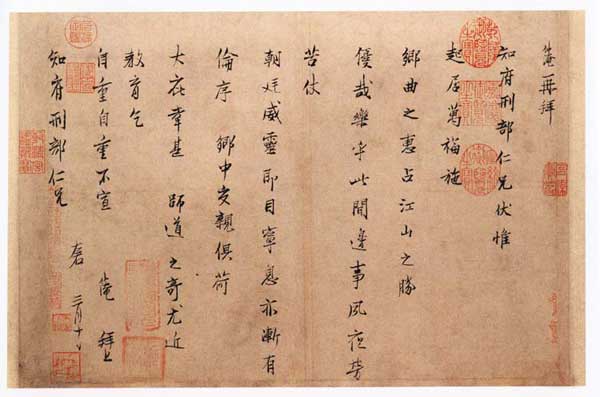
Side note
"Border Notes", pink flower paper, 30.5cm vertical, 42cm wide, running script, 13 lines, 93 characters. It is one of the "Two Notes" collected by the Palace Museum in Beijing.
Bianshitie is also called Xiangqutie, with the following explanation:
"Zhong Yan pays his respects again, dear friend of the magistrate and punishment department: I am blessed for my daily life. It is a great pleasure to benefit from the music of my hometown and dominate the country. I have toiled day and night on border affairs. With the power of the imperial court, my eyes are peaceful and I am gradually becoming more ethical. Preface. I am very lucky to have all my friends and relatives in my hometown to take care of me. The wonders of teaching are especially close to education. I beg for self-respect and self-respect. No announcement. Zhong Yan pays homage to the magistrate and the Ministry of Punishment. March 10th."
The "prefect of the Xingbu" in the letter is Fu Yan. He was once a doctor in the Xingbu and was serving as the prefect of Suzhou at this time. Fan Zhongyan was originally from Suzhou, so he was deeply grateful to Fu Yan for the care he gave to his relatives in his hometown. At this time, Zhong Yan was far away from his hometown. As an envoy to Shaanxi, he led his troops to guard the border and fight against Xixia. Therefore, the letter said: "I have to work hard day and night on side affairs here."
The calligraphy of these two pieces of calligraphy is thin, hard and square, with clear energy and legality. People often use this style of writing to describe his character, saying that "the official letter is solemn and clear, and the letter is as trustworthy as its character."
This work was delivered to the Imperial Household Collection of Qianlong, Jiaqing and Xuantong Emperors of the Qing Dynasty. It was recorded in Ruan Yuan's "Shiqu Essays" and Neifu's "Shiqu Baoji·Sequel" in the Qing Dynasty.

